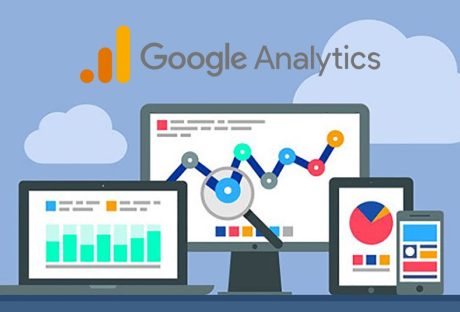The demand for transcribers has been on the rise in the past few years. The challenge that most people who are seeking these services have is that they don’t know what they should be looking for in a reliable transcription service provider. Having a clear sense of your requirements is among the initial steps of getting it right. Are you striving to hit the timelines or you are looking for a cost-effective audio transcription service? You also need to ask yourself whether you are searching for value-ads to enhance the efficiency of your business or are you after the run-of-the-mill services. Each transcription company has its strength and weaknesses. You can get a rough idea of what to expect by looking at their website. You can also decide to send the service an inquiry about their specifics. Below are some of the elements you need to consider as you do your research.
Accuracy and Quality :
The first thing you need to evaluate is the quality of service that the company offers to its clients. You need an accuracy level of at least 99 percent if you are looking for reliable transcripts. The company can advertise high accuracy but its good to find out their guarantee about the same. For example, evaluate the quality control processes of TranscribeFiles.net audio transcription before you hire their services.
Simplified Pricing :
Check whether the company is providing a combined pricing structure for the services they offer. You may discover some hidden costs depending on the add-ons of your choice. Variable pricing makes it very hard for the customer to decide what he or she can afford.
Value for Your Money :
Ask yourself whether the transcription cost is realistic. Some of the charges that vendors impose are unbelievably cheap. However, you must be sure of the accuracy and quality before running for such cheap services. There is no need to take a cheap service that will force you to employ a second transcriber and waste a lot of money because of poor services.
Confidentiality :
Reliable transcription services should have rigorous internal processes. The company should have the ability to preserve the confidentiality that is contained in the audio subscription files to avoid any leakage of sensitive data. It’s wise to choose providers who have the ISO information security certificate if you want to have some peace of mind.
Qualified Personnel :
You need to look at the qualification of the people who will be transcribing your files. Subject matter experts, native speakers, trained quality analysts, and top university graduates are the best transcribers. The experience they have will guide them to pick on the soft transcription elements such as enhancing the overall quality of the product, cultural nuances such as colloquialisms, slang, and dialects.
Scalability :
In case you have sizeable projects, then you could be searching for a bulk transcription service online. It is wise to pick a service provider who has been handling such orders. However, the transcripts may come your way late and with several errors because of the existing inefficiencies.
Credibility :
The transcription service you choose should be able to verify who it claims to be. Go through some of their previous assignments to know what they can deliver. Also, read their testimonials and referrals and those of third-party websites.
Value-Adds :
Check whether the transcription company provides any complementary or supplementary services. It can be more cost-effective and convenient to work with a provider that offers other services such as captioning, translations, copyediting, and even proofreading.
In summary, choosing an audio transcription service is not an easy task. However, you can ensure the accuracy, quality, and security of your data by doing a lot of research. You will also be able to save yourself a lot of time and money in the process.
Read Also :























